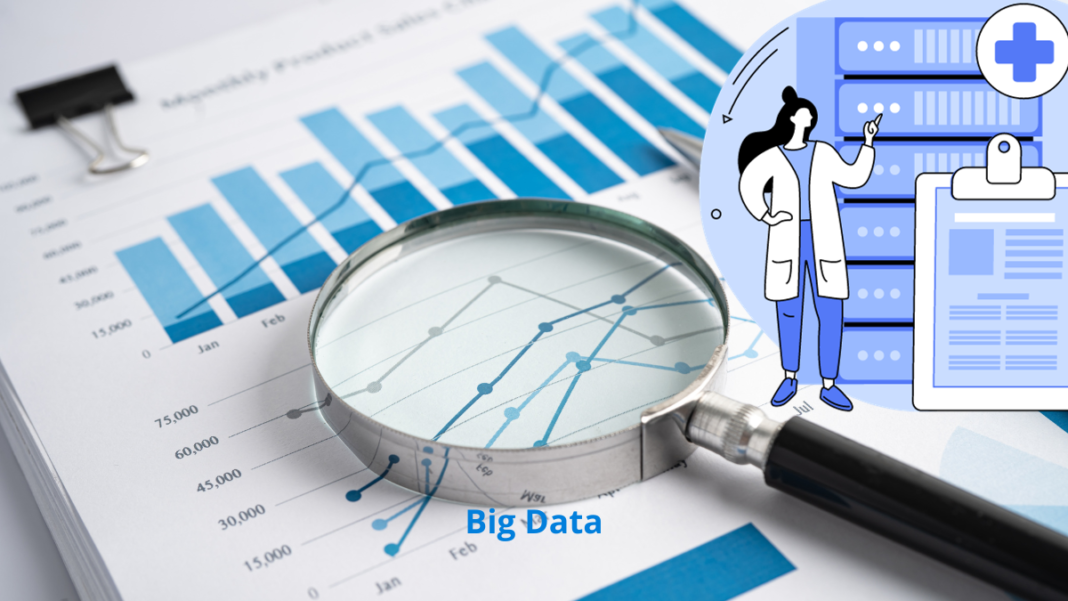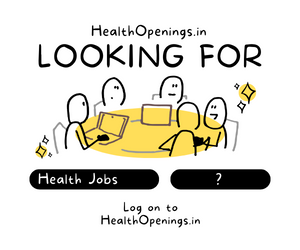In the rapidly evolving landscape of healthcare, the integration of big data analytics has proven to be a revolutionary force, propelling the sector into an era of data-driven decision-making and groundbreaking medical research. The fusion of advanced analytics and healthcare has opened up avenues to glean invaluable insights from vast datasets, redefining clinical practices, patient care, and public health initiatives.
Benefits of Using Big Data in Healthcare:
The incorporation of big data analytics in healthcare has ushered in a new era of understanding patient populations, treatment outcomes, and disease trends. This infusion of information empowers healthcare professionals to make informed clinical decisions, elevating the quality of patient care to unprecedented levels. Moreover, the amalgamation of data has also played a pivotal role in supporting large-scale public health endeavors, aiding in the identification and management of various health issues.
How Data Analytics Identifies Trends and Predicts Outcomes:
At the core of this transformation lies the utilization of sophisticated data analytics tools, which possess the capability to seamlessly process and dissect massive datasets. By scrutinizing these datasets, patterns and correlations that were once hidden beneath the surface become evident, thereby granting the ability to predict outcomes and trends with a high degree of accuracy. This predictive prowess is harnessed to forecast disease outbreaks, identify high-risk patients, and optimize treatment protocols, enabling healthcare providers to proactively address health challenges.
Case Studies of Big Data in Healthcare:
The impact of big data analytics in healthcare is magnificently illustrated through various case studies, each showcasing the remarkable potential of this integration. One such case is the realm of personalized medicine, where patient-specific data is harnessed to tailor treatment plans, resulting in enhanced patient outcomes. Additionally, the field of genomics research has been immensely accelerated by the processing power of data analytics, propelling genetic understanding and revealing novel therapeutic targets.
In the broader scope of population health management, big data analytics has taken center stage by identifying demographic trends, risk factors, and potential interventions. This comprehensive approach has paved the way for a more holistic healthcare system, focused on preventing diseases before they manifest.
Challenges and Future Prospects:
While the benefits of big data analytics in healthcare are undeniable, several challenges persist on the road to its full integration. One of the most prominent concerns is data security, as the healthcare sector handles sensitive patient information. Robust measures must be established to ensure the privacy and confidentiality of this data, safeguarding it from breaches and unauthorized access.
Furthermore, interoperability poses another hurdle, as various healthcare systems and platforms often struggle to communicate effectively with one another. This barrier hampers the seamless exchange of critical patient information, hindering the potential for comprehensive and coordinated care.
Addressing these challenges necessitates a skilled workforce of data analysts and healthcare professionals who are adept at harnessing the power of big data. Training programs and educational initiatives must be prioritized to equip the industry with the expertise required to fully leverage data analytics.
In the grand tapestry of modern healthcare, big data analytics has emerged as a transformative thread, weaving together evidence-based practices, groundbreaking medical breakthroughs, and a patient-centric approach to care. As this synergy between data and healthcare continues to evolve, the potential for innovation and advancement becomes limitless. By embracing the challenges, refining methodologies, and nurturing a generation of skilled professionals, the healthcare industry is poised to harvest the full spectrum of benefits that big data analytics has to offer, forever reshaping the landscape of patient care and medical research.




